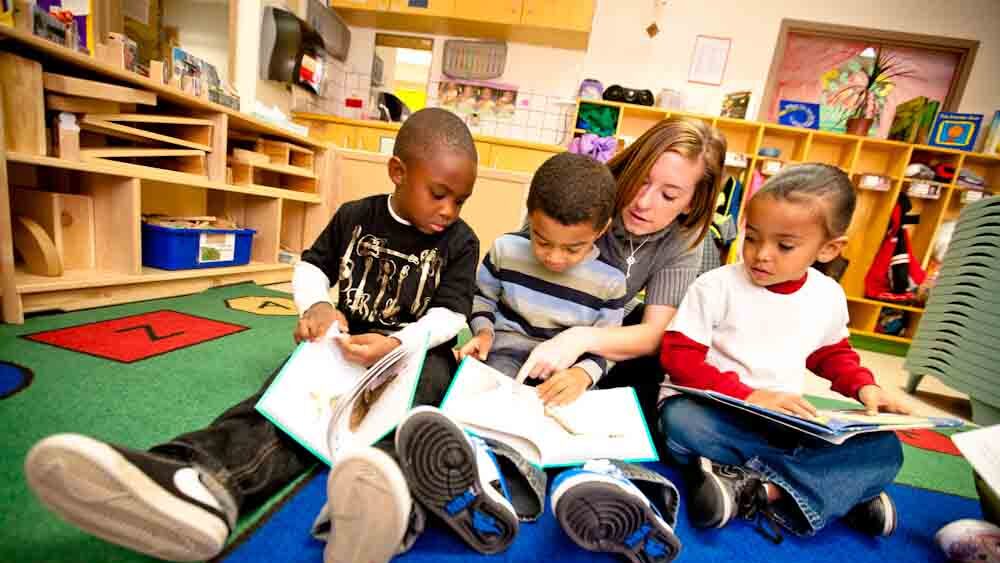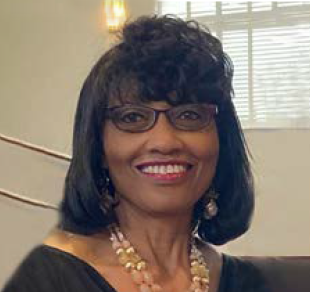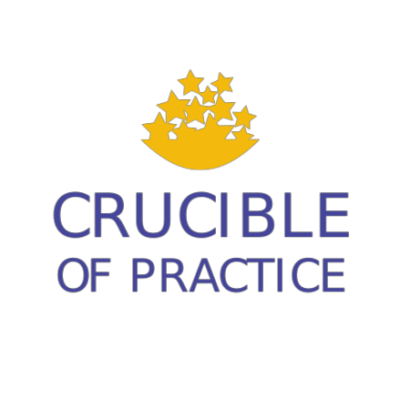
- This event has passed.
Relationships That Work in CGLR Communities With Coalition Leads, Schools and Other Partners

“True partnerships are intentional in listening to the partner’s needs and what would work best for them. There will be a trust to sustain relationships that create success. A supportive community would do the work and collaboration, and ensure work is data driven. When there’s unified collaboration in the community, they are likely to be able to shift and adapt as needed to meet current climate needs to establish longevity, dependability and confidence.” – Pastor Gary E. Lee, First Baptist Church Middlesex, North Carolina
This Crucible of Practice Salon session featured CGLR community coalition members from Nash and Edgecombe Counties, North Carolina, and Regina, Saskatchewan, Canada. Both teams presented how they work with schools and community partners to support the development of early literacy skills, family engagement and ongoing program implementation for school-age children. Following the opening remarks and icebreaker for all attendees, Debra Lanham with Down East Partnership for Children (DEPC) in North Carolina provided an overview of the demographics of the community and the coalition’s focus. Pattie Allen, also with DEPC, explained their definition of family engagement, how this is woven into programs, and the general strategy of working within existing networks including faith-based communities, child care providers, medical clinics, libraries and schools. Kristen Miller, Principal of G.W. Carver Elementary School, shared how the partnership with DEPC has had a positive impact on student attendance and contributed to the creation and implementation of specific supportive programs.
“The whole point was for our Carver students to feel that they had someone, not just the teachers they saw every day, but a true connection to the community. This really made students have a sense of belonging. At the end of the year, we saw every single student increase their attendance percentage in some way for that year.” – Kristen Miller, G.W. Carver Elementary School
Viola Barnes-Gray with DEPC and Pastor Gary E. Lee from First Baptist Church Middlesex discussed how cultivating relationships between school and community partners contributed to the overall success of teams supporting students.
“Our Ready Schools and Ready Communities work is interwoven and goes hand in hand with building relationships. Around our five schools, we target community partners representing the faith, civic groups, businesses and other organizations.” – Viola Barnes-Gray, DEPC
“We learned that building relationships between the community and schools requires front loading of the work before partners are connected to the social school teams.” – Pastor Gary E. Lee, First Baptist Church Middlesex
After the coalition members reviewed the lessons learned about family engagement, Lanham talked about why the coalition and members are invested in helping children with literacy and the challenges families and children face in their community. The conversation also covered programs to address these challenges and explored how to nurture and sustain relationships.
“It is really critical that we give our children the tools and resources they need beginning at birth. And then build upon it so, by the time they get to third grade, they are proficient in reading.” – Debra Lanham
After the coalition from Nash and Edgecombe Counties shared their collaborative strategies, Trish Dupuis and Sandi White with United Way Regina provided an overview of their work in Regina. Dupuis centered on the programs involved with their grade-level reading work and how these are built on a foundation of partnerships with schools. Their education initiatives involve 12 community schools in Regina, Saskatchewan.
“United Way Regina strongly believes that education provides a pathway out of poverty.” – Trish Dupuis, United Way Regina
Dupuis reviewed how the schools were chosen and the data reviewed to identify which neighborhoods and schools to target, including health and vision data. The teams wanted to ensure the most significant achievement gaps and the highest level of complex needs were being addressed by collaborative efforts. The impact of the coalition’s work was also shared with a review of kindergarten readiness assessment data, third-grade reading assessment data, and comparisons of these with baseline numbers. Overall, the dedicated work in Regina’s Campaign for Grade-Level Reading decreased the achievement gap and supported children’s literacy outcomes in the schools where programs were implemented. The connection between vision and other health-related barriers to learning was also explored. White shared about her work facilitating Family Literacy Hubs, which focuses on engaging families and improving school readiness. She described the guiding actions of Family Literacy Hubs and added detail about the programs and activities done through the hubs.
“In my role, I want to provide programming that will empower families to feel like they can support their children with engaging literacy experiences within the home.” – Sandi White, United Way Regina
Panel









